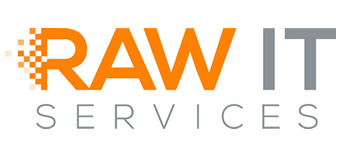Data Protection Practices for Remote Working: The Basic
Organizations around the world have allowed their employees to work from home to protect their health and support government measures (Sanitary curfew in Mauritius) to prevent the spread of the COVID-19, officially declared a pandemic by the World Health Organization. Working from home presents different risks than doing so in an office environment, particularly when it comes to data protection. Data is not completely in the control of the employer when being handled by the employees at home.
It is your responsibility as an employee working remotely to conform to data security and data privacy measures that have been put in place by your employer to ensure you remain legally compliant. The data you collect and manage should be handled the same as you would if you were in your normal place of work. Below are some basic data protection practices to help you protect data you manage and store at home.
- Do not leave your device unattended unless you have locked it. This applies even if only your family members are at home.
- Set a secure password to your device and files that hold sensitive data.
- Follow the storage procedures that your employer has put in place. For e.g. save files in designated folders if you have network access.
- Make sure antivirus software and firewalls are up to date.
- Where an unsecure network is being used, make sure you use a VPN and limit file sharing.
- Do not leave documents holding confidential information lying around. For e.g. store the documents in a locked drawer or safe.
It is important that Organizations adopt a work from home policy to clearly define the terms of remote working and outline the responsibilities of employees. The duty of the employer is to ensure that employees are well educated on the data protection principles and to constantly remind employees of the current data protection policies and procedures of the Organization to ensure they are mindful of their continuing commitments to confidentiality when working remotely. Some employers may also request the employees to sign a confidentiality agreement.

Article by: Rigvi Bansoodeb
Compliance Coordinator


Leave a Reply
Want to join the discussion?Feel free to contribute!